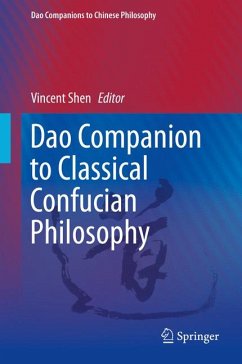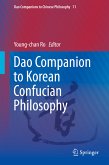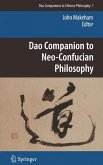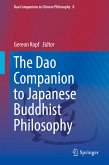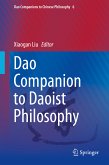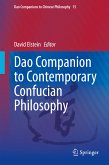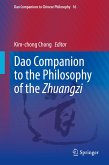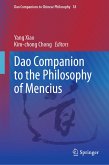The book first presents the historical development of classical Confucianism, detailing its development amidst a fading ancient political theology and a rising wave of creative humanism. It examines the development of the philosophical ideas of Confucius as well as his disciples and his grandson Zisi, the Zisi-Mencius School, Mencius, and Xunzi. Together with this historical development, the book analyzes and critically assesses the philosophy in the Confucian Classics and other major works of these philosophers.
The second part systematically examines such philosophical issues as feeling and emotion, the aesthetic appreciation of music, wisdom in poetry, moral psychology, virtue ethics, political thoughts, the relation with the Ultimate Reality, and the concept of harmony in Confucianism.
The Philosophy of Classical Confucianism offers an unparalleled examination to the philosophers, basic texts and philosophical concepts and ideas of Classical Confucianism as well as the recently unearthed bamboo slips related to Classical Confucianism. It will prove itself a valuable reference to undergraduate and postgraduate university students and teachers in philosophy, Chinese history, History, Chinese language and Culture.
Dieser Download kann aus rechtlichen Gründen nur mit Rechnungsadresse in A, B, BG, CY, CZ, D, DK, EW, E, FIN, F, GR, HR, H, IRL, I, LT, L, LR, M, NL, PL, P, R, S, SLO, SK ausgeliefert werden.
"If the readers are novices in classical Confucian philosophy, the essays provide basic orientation. If the readers are advanced students, the essays thread their way through contemporary debates, presenting the authors' own perspectives. ... an edited volume that would be helpful in introductory courses in Confucianism, a must-read for advanced and graduate courses, and important for the library of (English-reading) scholars and philosophers in the Confucian tradition!" (Robert Cummings Neville, Dao, Vol. 13, 2014)

